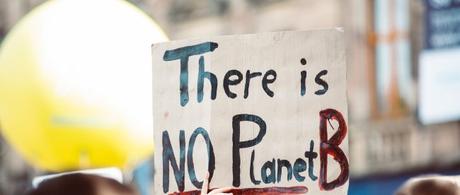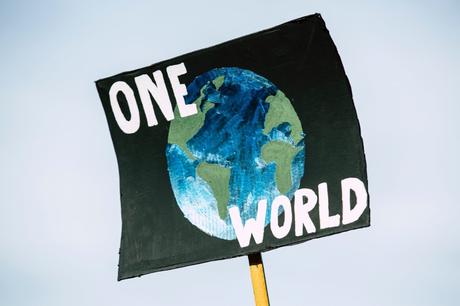
The world is at a tipping point. Do we continue on a path of self-destruction or do we listen to scientists, environmentalists and people that care for the earth's future?
Since the turn of the century, governments and large organisations from every sector have discussed the potential impacts global warming is having on the earth and what that holds for our future. Global warming was first discussed in the late 1900s but without hard evidence and scientific equipment, it didn't gain the traction it receives today. It was in the 1960s that this turning point occurred and climate change was understood to be a potential catastrophe issue.
By the 1990s, as the result of computers, massive leaps in technology and observational work confirming that greenhouse gases were deeply involved in most climate changes and human-caused emissions were bringing discernible global warming. Since then, climate change has been at the forefront of many scientific research programmes and on the top of government agendas.

Climate change increases the earths overall temperature, even minimal changes have huge consequences. For example, a one-degree increase can have the potential to cause droughts, wildfires, melting permafrost, coastal flooding and rising sea levels. All this will have huge effects on human life, not only on the food and water available but also on the land we currently inhabit. Climate change has the potential to change the world as we know it and for that reason alone it is critical our next steps are not only the right ones for our lifetime but they set the foundations for future generations to live in a world where climate change is a distant memory.
What can we do about climate change?Climate change all starts by making the correct decisions with emissions and waste. If we can conquer these two aspects then turning the tide on climate change will be much easier. The problem lies with time, implementing change in these two areas can take years, even decades to see a significant difference, and time is one thing we do not have. The good news is change is already happening; fossil fuels are slowly becoming replaced by greener alternatives, plastic bags are slowly becoming obsolete within our supermarkets, and households are choosing to recycle more than ever. Governments & councils are now putting in place new waste plants to increase the recyclability of certain waste types, something that decades ago was not offered.
Many manufacturers are now designing products from the ground up to take into consideration what impacts their designs and production techniques will have on the environment. All these small changes can have a big overall impact on emissions & waste and can be the start of the bigger change needed.
More recently Cop26 took place in Scotland, it was the coming together of more than 120 world leaders to discuss and review how climate change is being managed domestically and internationally. They left with big targets in place, targets that were more pressurising than ever before, targets that needed to be achieved in a shorter period than previously agreed, all with the goal of trying to conquer climate change.
Cop26 Goals:- Secure global net-zero by mid-century and keep 1.5 degrees within reach
Countries are being asked to come forward with ambitious 2030 emissions reductions targets that align with reaching net zero by the middle of the century.
To deliver on these stretching targets, countries will need to:
- accelerate the phase-out of coal
- curtail deforestation
- speed up the switch to electric vehicles
- encourage investment in renewables.
- Adapt to protect communities and natural habitats
The climate is already changing and it will continue to change even as we reduce emissions, with devastating effects.
- protect and restore ecosystems
- build defences, warning systems and resilient infrastructure and agriculture to avoid loss of homes, livelihoods and even lives
At COP26 we need to work together to enable and encourage countries affected by climate change to:
To deliver on our first two goals, developed countries must make good on their promise to mobilise at least $100bn in climate finance per year by 2020.
International financial institutions must play their part and we need to work towards unleashing the trillions in private and public sector finance required to secure global net zero.
We can only rise to the challenges of the climate crisis by working together.
- finalise the Paris Rulebook (the detailed rules that make the Paris Agreement operational)
- accelerate action to tackle the climate crisis through collaboration between governments, businesses and civil society.
At COP26 we must:
How we can help
Whether we supply a incinerator solution that diverts waste from landfill or a heat recovery system that provides energy back in the form hot water or air, we would love to assist. Speak to our team of experts on +44 (0) 1704 884020 or +1 (0) 833-253-5678 and find our how incineration can bring your business closer to achieving COP26 goals and positively effecting climate change.

